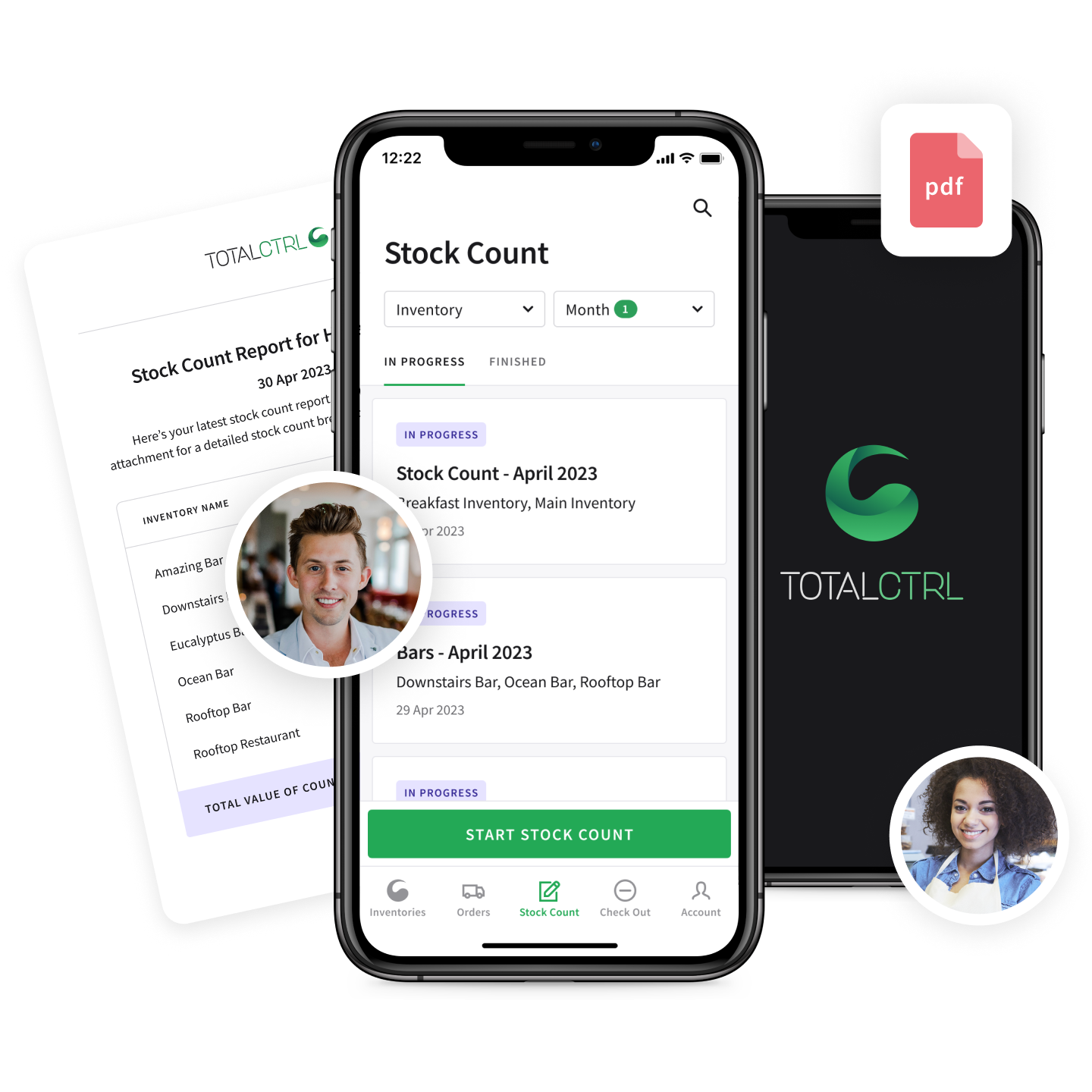Contract management is a critical element of business operations across all industries. Traditional methods of managing contracts—whether through physical paperwork, email, or centralized databases—are often inefficient, time-consuming, and prone to errors. These challenges can lead to delays, disputes, and costly legal issues, which ultimately impact a business’s ability to operate smoothly.
Blockchain technology, with its decentralized, transparent, and immutable features, offers businesses the opportunity to streamline and enhance their contract management processes. By integrating blockchain into contract management systems, businesses can improve efficiency, reduce risks, and ensure more secure, automated execution of contractual agreements. This blog explores how blockchain can transform contract management in business operations, enhancing overall performance and providing a competitive edge.
1. Increased Efficiency and Automation with Smart Contracts
Smart contracts are one of the most impactful innovations enabled by blockchain technology. A smart contract is a self-executing contract where the terms and conditions of the agreement are written directly into code. Once the predefined conditions are met, the contract automatically executes without the need for intermediaries or human intervention.
In the context of contract management, smart contracts automate many of the tasks associated with traditional contracts, such as approvals, payments, and notifications. This reduces the administrative burden and accelerates the contract lifecycle. For example, a supplier might enter into a contract with a business to deliver goods once payment is made. The smart contract would automatically verify the payment and trigger the delivery, eliminating the need for a manual approval process.
The automation of contract execution reduces the potential for human error, streamlines processes, and eliminates unnecessary delays, enabling faster and more efficient business operations.
2. Enhanced Transparency and Trust
One of the fundamental characteristics of blockchain is its transparent and immutable ledger. Every transaction on the blockchain is recorded in a decentralized ledger that is accessible to all participants but cannot be altered once it is added to the blockchain. This immutability ensures that all contract-related actions are transparent and traceable, providing a clear and auditable history of the contract’s lifecycle.
In contract management, this transparency builds trust among parties involved in the agreement. Since all contract details and actions (such as signatures, amendments, and approvals) are recorded on the blockchain, any discrepancies or disputes can be resolved quickly by referring to the immutable record. This reduces the likelihood of fraud or manipulation and ensures that all parties adhere to the agreed terms.
For example, if there is a disagreement about the terms of a contract or the performance of a service, blockchain allows parties to access the historical data on the contract's execution, ensuring a clear and accurate resolution process.
3. Reduced Risk of Fraud and Errors
Fraud and errors in contract management can result in significant financial and reputational damage to businesses. Traditional contract management systems are vulnerable to data breaches, unauthorized changes, and human mistakes that can lead to invalid or unenforceable contracts.
Blockchain mitigates these risks by providing a secure, encrypted environment where contract data is stored. Every transaction and contract modification is recorded in a distributed ledger, making it virtually impossible to alter or delete contract details without detection. The decentralized nature of blockchain ensures that no single party has control over the contract data, reducing the risk of manipulation or fraud.
For example, once a contract is agreed upon and stored on the blockchain, it cannot be retroactively altered. This prevents fraudulent activities like unauthorized changes to contract terms or conditions. The use of cryptographic signatures further enhances security, ensuring that only authorized parties can access and execute contract-related actions.
4. Faster Contract Execution and Reduced Legal Costs
Traditional contract management often involves lengthy processes, such as negotiations, approvals, and paperwork exchanges, which can slow down business operations and increase legal costs. Blockchain technology can accelerate these processes by providing a digital, automated platform for managing contracts.
With smart contracts, once all parties have agreed to the terms, the contract is automatically executed without the need for intermediaries or legal representatives to process paperwork. This can significantly reduce the time and cost associated with traditional contract management methods. For example, businesses can eliminate the need for physical document exchanges, which are costly and time-consuming, and instead use blockchain to instantly validate and execute contracts.
Moreover, blockchain can streamline dispute resolution by offering a clear, transparent history of contract actions. This reduces the need for prolonged legal processes and costly litigation, as parties can quickly reference the immutable contract data on the blockchain.
5. Improved Compliance and Regulatory Adherence
Ensuring compliance with industry regulations and standards is crucial for businesses, especially when dealing with sensitive data, financial transactions, or legal agreements. Non-compliance can result in significant fines, penalties, and reputational damage.
Blockchain technology can help businesses ensure compliance by recording all contract details and actions in a secure, transparent, and auditable manner. This makes it easier for businesses to prove that they are meeting regulatory requirements, as all relevant contract data is accessible in real time and cannot be altered or deleted.
For instance, in the financial sector, contracts related to investments, loans, or regulatory reporting can be recorded on the blockchain to ensure compliance with financial regulations. Similarly, businesses in healthcare or pharmaceuticals can use blockchain to manage contracts related to patient data or drug testing, ensuring compliance with privacy laws such as HIPAA.
By automating compliance tracking and auditing processes through blockchain, businesses can reduce the risk of non-compliance and avoid potential legal issues.
6. Streamlined Contract Lifecycle Management
Contract management involves several stages, from drafting and negotiation to execution and renewal. Blockchain can streamline each stage of the contract lifecycle by providing a single, immutable source of truth for all contract-related activities.
During the drafting phase, blockchain can facilitate the creation of standardized templates, ensuring that contracts are consistent and compliant with business policies and legal requirements. In the negotiation phase, smart contracts can automatically adjust terms based on predefined criteria, such as agreed-upon milestones or payments, reducing the time spent on negotiations.
Once the contract is executed, blockchain provides real-time tracking of contract performance, ensuring that all obligations are met. If any party fails to fulfill their obligations, the blockchain can trigger automated actions, such as payment releases or penalty clauses. Additionally, when a contract is nearing its expiration, blockchain can automatically notify the relevant parties and even initiate contract renewal processes, ensuring seamless continuity of business operations.
7. Decentralized Contract Management Systems
Blockchain’s decentralized nature allows businesses to move away from centralized systems for contract management, which are often vulnerable to single points of failure, security breaches, and unauthorized access. By using a blockchain-based contract management system, businesses can ensure that all contract data is distributed across multiple nodes in a secure and encrypted network.
This decentralized approach ensures that contract data is always accessible, even if one party or system fails. It also provides greater resilience to cyberattacks, as attackers would need to compromise multiple nodes in the blockchain network to alter contract data.
Furthermore, decentralized contract management allows multiple parties to access and update contract information in real time, ensuring that all stakeholders are always working with the most up-to-date contract terms.
Conclusion
Blockchain technology has the potential to revolutionize contract management in business operations. By providing a secure, transparent, and automated platform for managing contracts, blockchain enhances efficiency, reduces risks, and ensures more reliable execution. Through the use of smart contracts, businesses can automate contract execution, build trust among parties, and reduce fraud and errors. Additionally, blockchain’s ability to streamline compliance, reduce legal costs, and improve the overall contract lifecycle positions it as a game-changer for businesses across industries.
As blockchain technology continues to mature, its impact on contract management will only grow. Businesses that embrace blockchain for contract management can gain a significant competitive advantage, positioning themselves for success in an increasingly fast-paced and digitally-driven business environment.


















0 comments:
Post a Comment
We value your voice! Drop a comment to share your thoughts, ask a question, or start a meaningful discussion. Be kind, be respectful, and let’s chat!